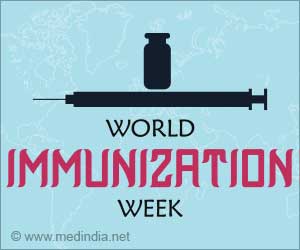
The advances could lead to a new generation of medicines for treating cancer, diabetes, and other major diseases, they said.
In one advance, a drug called stabled peptides was able to block a key protein that's involved in the development of cancer. The peptides prevented the growth of cancer cells in a group of test animals.
"Stapled peptides represent an entirely new class of potential drugs. They herald a new era in the drug-discovery world," said Gregory Verdine.
Until now, only a tiny fraction of hundreds of thousands of proteins in the human body were considered "druggable." Thanks to a new generation of drug discovery technologies, that tiny fraction is now on the rise.
In addition to "stapled peptides," scientists described new insights into how proteins interact with other proteins, the use of small molecules to target and treat cancer.
Advertisement









